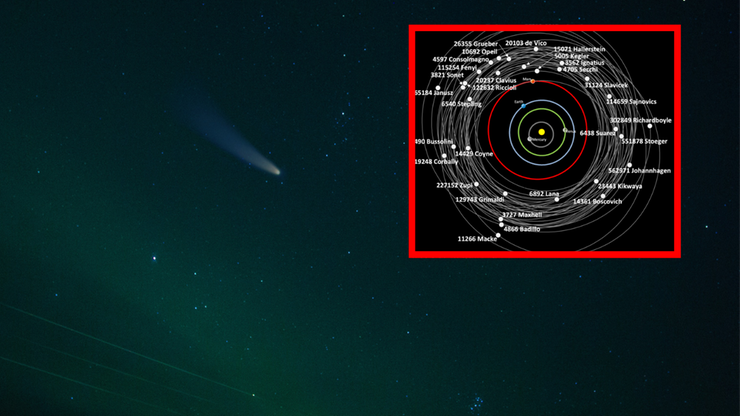Anthropogenic earthquakes are a specific type of shock. They mainly arise in places where underground resources of raw materials such as hard coal, crude oil or natural gas are exploited. In addition, they may occur during the operation of a geothermal power plant or when wastewater, water, or other unnecessary materials are injected underground for storage.
Read also: Mysterious earthquakes worry many Americans. The culprit is not Mother Nature
An international team of scientists consisting of geophysicists from the Free University of Berlin together with colleagues from ETH Zurich (Switzerland), the University of Pisa (Italy), Stanford University (USA) and the Southern University of Science and Technology (Shenzhen, China) participated in Nature Earth and Environment Reviews With their observations on the negative effects of industrial human activity.

Anthropogenic earthquakes can be predicted in much better ways
First of all, we are talking about hydrocarbon extraction, cracking of unconventional resources, geothermal energy, wastewater disposal and underground gas storage (including carbon dioxide). This whole set of actions may generate earthquakes, especially on faults that are already critically loaded – read here press release University of Berlin.
Read also: The new method could save millions of people. This is how earthquakes are detected in advance
Scientists focused on identifying two factors – pore pressure and pore elasticity – as the main mechanisms that cause tremors. Injecting fluid underground in inappropriate locations may increase pressure on cracks and defects. Layers of rock may begin to move along it, causing earthquakes.
Of course, there are more reasons for tremors to occur. Much depends on the location (whether the area is seismically active or not), the type of rock, local tectonics, hydrological characteristics of the area, etc. The study's authors point out that very few detailed seismic predictions have been prepared based on hard physical data that covers all possible factors. Normally, only statistics are used here, i.e. thinking something like: “low shocks so far, low risks in the future.” Scientists recommend using microseismic monitoring instead.
Read also: Can earthquakes be predicted three days before they occur? In this part of the world they are one step away from achieving a breakthrough!
Theoretical considerations have been tested practically by scientists from the University of Berlin. In the article in Nature Communications They described their work at the Groningen gas field in the Netherlands. Using physical models, they showed that earthquakes in Western Europe's largest gas field are caused by so-called porosity effects and there are no other normal physical conditions to generate large earthquakes.

Echo Richards embodies a personality that is a delightful contradiction: a humble musicaholic who never brags about her expansive knowledge of both classic and contemporary tunes. Infuriatingly modest, one would never know from a mere conversation how deeply entrenched she is in the world of music. This passion seamlessly translates into her problem-solving skills, with Echo often drawing inspiration from melodies and rhythms. A voracious reader, she dives deep into literature, using stories to influence her own hardcore writing. Her spirited advocacy for alcohol isn’t about mere indulgence, but about celebrating life’s poignant moments.










